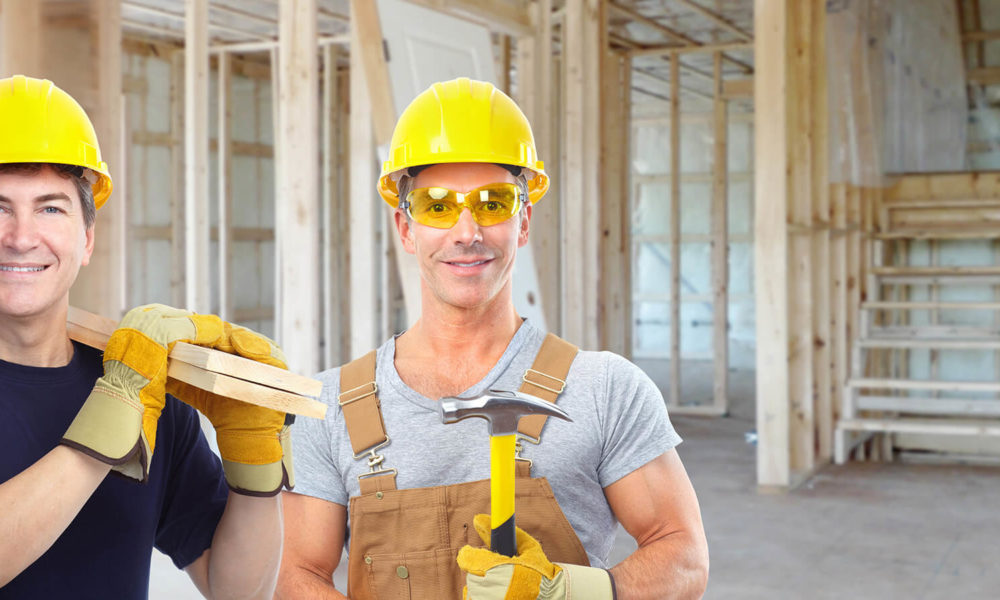Property owners often prioritise visible aspects of construction such as finishes, layouts, and aesthetics, but one of the most crucial measures for long-term durability is waterproofing. Effective waterproofing ensures that moisture cannot penetrate structural components, protecting buildings from damage that compromises both safety and value. In a humid, rain-prone environment like Singapore, overlooking this step often leads to costly repairs and shorter building lifespans. By investing in reliable waterproofing in Singapore from the start, property owners safeguard both residential and commercial properties against persistent moisture risks.
The Role of Waterproofing in Structural Integrity
Water infiltration remains one of the most common causes of building deterioration. When water enters walls, ceilings, or foundations, it weakens materials, accelerates wear, and leads to corrosion of steel reinforcements, gradually undermining the safety of the structure and significantly reducing its lifespan. Proper waterproofing prevents this by forming protective barriers that stop water from seeping into vulnerable areas, ensuring the building remains strong for years to come.
Moisture also causes hidden damage that escalates quickly if not addressed. Persistent leaks lead to mould growth, peeling paint, and wood rot, which are difficult and expensive to repair once they spread. Such problems not only harm the property’s appearance but also affect indoor air quality, potentially causing health concerns for occupants. Applying waterproofing during construction or early renovation stages helps eliminate these risks and reduces the likelihood of expensive remedial works later on.
Waterproofing in Singapore: Meeting Local Challenges
Singapore’s tropical climate creates unique challenges for property maintenance, as heavy rainfall and high humidity levels put constant pressure on roofs, balconies, and basements, making them the most common entry points for water. Waterproofing in Singapore withstands such conditions, providing long-lasting protection in areas exposed to harsh weather and persistent dampness.
Urban construction adds further complexity. High-rise developments and shared walls mean that water seepage in one property can quickly spread to others, creating disputes and costly repair bills. A well-executed waterproofing system prevents these issues, providing assurance to both property owners and tenants. In a city where space is limited and property values are high, reliable waterproofing becomes not only a practical necessity but also a form of asset protection.
Types of Waterproofing Products in Singapore
The variety of waterproofing products in Singapore ensures that property owners can find solutions suited to different needs. Cementitious coatings, for example, are widely used in wet areas, such as bathrooms and kitchens, because they provide durable coverage at relatively low cost. Liquid-applied membranes are common on rooftops and balconies, as they are flexible enough to handle structural movement while still creating a watertight seal.
For below-ground structures such as basements and foundations, bituminous coatings are chosen due to their strong resistance against soil moisture. Polyurethane membranes are another popular option because of their durability and ability to withstand extreme weather conditions, making them ideal for exposed areas. Injection grouting is typically used in existing buildings to seal cracks and stop active leaks. By selecting the right product from a reliable chemical products supplier, property owners ensure long-term durability while reducing the risk of recurring problems.
Why Invest in Waterproofing?
The benefits of waterproofing extend beyond simply keeping interiors dry. Proper waterproofing protects the structure, prevents health hazards such as mould, and enhances the overall value of a property. For homeowners, this translates to a healthier and more comfortable living space, and for businesses, it means protecting valuable equipment, stock, and documents from water-related damage.
Another advantage is the impact on property value. Buyers and tenants often view well-maintained properties with waterproofing as lower-risk investments. A building that demonstrates preventative care signals that it has been managed to high standards, making it more attractive in the market. In this way, waterproofing is not just an expense but an investment that secures both the immediate and long-term value of the property.
Conclusion
Waterproofing is a critical element of property protection. In Singapore’s demanding climate, effective waterproofing solutions prevent structural damage, eliminate health risks, and safeguard the value of investments. By choosing from the wide range of waterproofing products in Singapore and engaging professionals to apply them correctly, property owners gain peace of mind knowing their assets are protected for the long term.
Protect your property from costly water damage. Contact Mapei Far East today for reliable waterproofing solutions that deliver lasting results.










